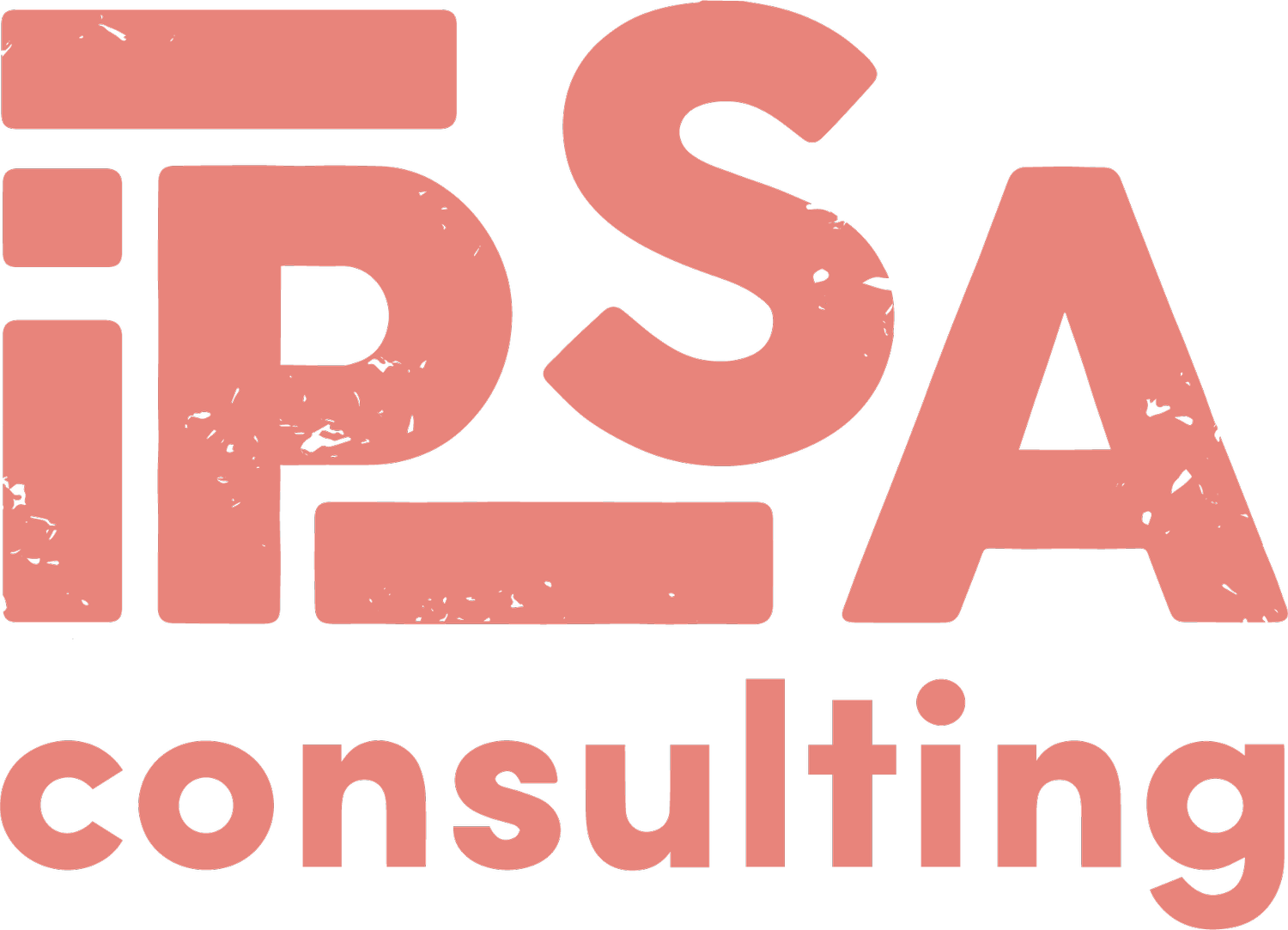Antiperfection vs. Burnout Culture
In this guest blog, we spoke with watercolour artist, Cat Regi from Badibidu, about our society’s obsession with perfectionism and how this sometimes translates into the professional world.
I wrote a blog post on Antiperfection back in 2022 that really resonated with lots of people and led me to starting my Antiperfection Campaign, but I’m aware there are some situations which require extremely high standards to have a successful outcome.
What is Antiperfection?
To understand the theory of Antiperfection, let’s first look at what perfectionism is. Perfectionism is a shame-led feeling that motivates us to over-perform in order to seek that ‘I’m good enough’ feeling. Perfectionism takes up precious time, and valuable brain space, and stifles creativity. In my campaign to promote Antiperfection, I want to encourage people to lean into mistakes (to get out the other side faster) and seek more flexible routes to achieving success.
Watercolour by Cat Regi
Why is Antiperfection important for professionals?
I believe that the core principles of Antiperfection are even more important for people who struggle with perfectionism, and those in high-stress, high-stakes careers. (To clarify, I believe that the desire to make things perfect is within a person and not specifically within a certain career, but certain jobs and/or employers are more likely to make it harder to decide when enough is enough.)
So, today I make an argument for Antiperfection to have a place amongst the entrepreneurs, perfectionists and high flyers!
Here are five ways that Antiperfection can improve your life even in times and places when you massively care about the outcome.
Yes, these are the same 5 headings as my original post because I think they still hold true, but I’ve tailored the explanations for professionals…
Progress - ‘done is better than perfect’ unless you’re working for a new client and you want it to be exactly as requested so they come back next time. But you are human and you can’t make everything in your life perfect simultaneously. In order to have time to get one project exactly where you want it, you might need to accept that dates for other projects may shift, or you might need help with childcare, or dinner might be a snack tea in front of the telly.
Staying motivated - rehashing the same part of a project is disheartening for individuals and teams. Keep the ideas flowing, keep moving and if something gets stuck just change direction for a while. Progress is not linear so don’t be scared of a plateaux or dip. Have faith in your ability to ride the rollercoaster and get off the other end in one piece.
Self-worth - you are enough, your ideas are enough, your opinion of whether your work is good is also enough. Don’t torture yourself, if you’re not sure then have the confidence to ask a friend or colleague for their professional opinion. It is not failing to seek support, expert opinions or back-up.
Forgiveness of self and others - Do I want my doctor to care? Yes! Do I want my employee to have a cavalier attitude to precision? No! But any system including humans comes with a percentage of error. It’s absolutely guaranteed that no matter how hard you work, how intelligent you are, how high your standards, you will make mistakes and so will your team. Be ready to learn lessons and move on, or self-doubt will slow you down.
Focus on realism - right then, a little reality check. You’re good at your job, yes? So you know what is needed, you know if you are the right/best/only person for the job. As I wrote in the original article ‘Sometimes unfortunately we might not be the best person for the job and we don’t have what we need but there is no other option so we just have to do our best and keep the 4 points above in mind as best we can’. We all know these moments are not ideal but sometimes they happen.
So with the above in mind, how do we know when to stop?
I’ve been asking friends and customers this week and the answers followed the theme of ‘perfect is the enemy of good’ and that the moment to stop was when the function/brief was achieved. It seems to be common that even within academia, business and medicine even the most talented people have to stop work before they feel the sensation of “finished”.
Scattered amongst thoughts and tips were stories of serious burnout. This is awful on a personal level as well as professional. I’m hopeful that there is a turn in the tide toward breaking the burnout culture. We expect people to be bottomless pits of energy and resource and they’re not, humans don’t work that way. The NHS, our education system, and other large organisations with big, slow-turning circles are seeing staff burnout in droves. We need to change this, to set an example for our friends, our colleagues, and our children and show how to both have high standards and simultaneously have boundaries and know when to stop. In entrepreneurial terms, you need to get scrappy and embrace Antiperfection! This combination will give the courage to get things done, be resourceful, and handle blocks and ‘mistakes’. This can be hard when you have limited resources, tight budgets and no time! But the ability to breathe, experiment, accept bumps in the road and not get thrown by them, will ultimately make you more resilient, your life easier and your career lift you instead of burn you out.
If you or your team could do with some Antiperfection in your lives then why not try out an Antiperfection watercolour session. A great way of recharging and giving your brain a break. Live sessions and pre-recorded tutorials are available at www.badibidu.com/collections/workshops.
Follow Cat on Instagram here.

